Microsoft Sues U.S. Customs For Allowing Imports of Motorola Banned Phones
4 min. read
Updated on
Read our disclosure page to find out how can you help Windows Report sustain the editorial team. Read more
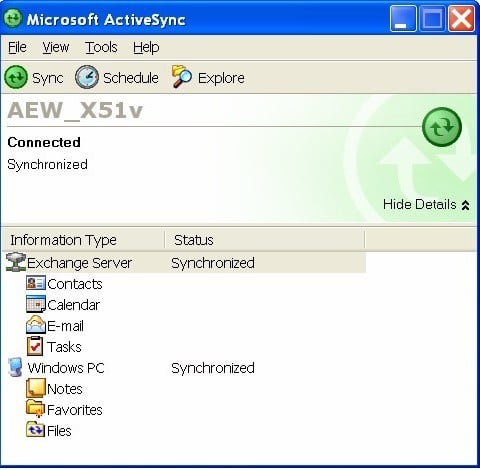
Now, this is not something that you see quite often in the lawsuit brouhaha – a legal action against the U.S. Customs, which is actually, the government, right? Microsoft had previously won a legal battle against Google’s Motorola and the court ruled that some Motorola devices infringe Microsoft’s ActiveSync technology. Now, it seems that Microsoft has some serious accusations – they company says Google and U.S Customs and Border Protection have secretly met to allow the import of those banned phones
On Friday, July 5, Microsoft officially filed a lawsuit at the U.S. District Court in Washington against the United States Customs. The official import ban was actually established more than one year ago, in May 2012, and it ruled that Motorola’s devices use the same technology that allow synchronization of calendar events on other machines.
Microsoft feels U.S. Customs and Google are conspiring
What’s even more interesting is that Microsoft “dares” to affirm that the U.S. Customs have actually had secret meetings with Google to continue the import of the banned products, even if Google’s Motorola Mobility have done nothing to exclude the infringing technology. Here are the products we are talking about, with most of them definitely not being amongst your want-to-have list, but they still could end up bought by some consumers.
- Motorola Atrix
- Backflip
- Bravo
- Charm
- Cliq
- Cliq 2
- Cliq XT
- Defy
- Devour
- Droid 2
- Droid 2 Global
- Droid Pro
- Droid X
- Droid X2
- Flipout
- Flipside
- Spice
- Xoom
Microsoft’s Deputy General Counsel, David Howard, said in a statement:
Customs has a clear responsibility to carry out ITC decisions, which are reached after a full trial and rigorous legal review/ Here Customs repeatedly ignored its obligation and did so based on secret discussions.
What happened is this – Google’s Motorola Mobility lawyers have allegedly convinced the agency to give it a grace period to in order for the changes to be made. However, the United States International Trade Commission has rejected this request, according to Microsoft. So, this basically means that the U.S. Customs went against the law. It’s also worth noting that Microsoft’s patent, the ActiveSync technology involved, only expires in April 2018.
As a result, we should expect a new court hearing on Aug 6 in Washington. But the fact that there were secret meetings involved might definitely tip the scales in Microsoft’s favor:
The only conclusion that can reasonably be drawn from CBP’s pattern of conduct is that CBP will not enforce the commission’s exclusion order absent a court order compelling it to do so. CBP (U.S. Customs and Border Protection) has repeatedly allowed Motorola to evade that order based on secret presentations that CBP has refused to share with Microsoft.
This comes at an interesting moment because we know that some older iPhone models should be banned from import in the United States after August 5. In the same time, Apple is also suing Samsung for other patents. But whoever wins, apparently has to face another issue – will the U.S. customs respect the court ruling?
U.S Customs neglect the ITC and side with Google
One of the reasons why the U.S. Customs might not be so strict and correct regarding intellectual property is expressed by patent lawyer Robert Stoll of Drinker Biddle & Reath LLP in Washington
They want to focus their efforts on terrorism and the issues related to intellectual property is not their concern
Apple was in the exact situation just like Microsoft is now, when they filed an enforcement action after the same U.S. Customs didn’t stop imports of some HTC phone models that were infringing intellectual property found inside Apple’s older iPhone. Back then, the companies managed to reach to an agreement and the lawsuit was withdrawn by Apple.
It’s interesting to observe how this will evolve, as we are talking about a federal agency that is apparently involved in secret meetings and refuses to deploy a court’s ruling. Google could also suffer from this, as well.
What’s curious is that on Microsoft’s Exchange ActiveSync protocol webpage, we can find Google amongst the licensees.

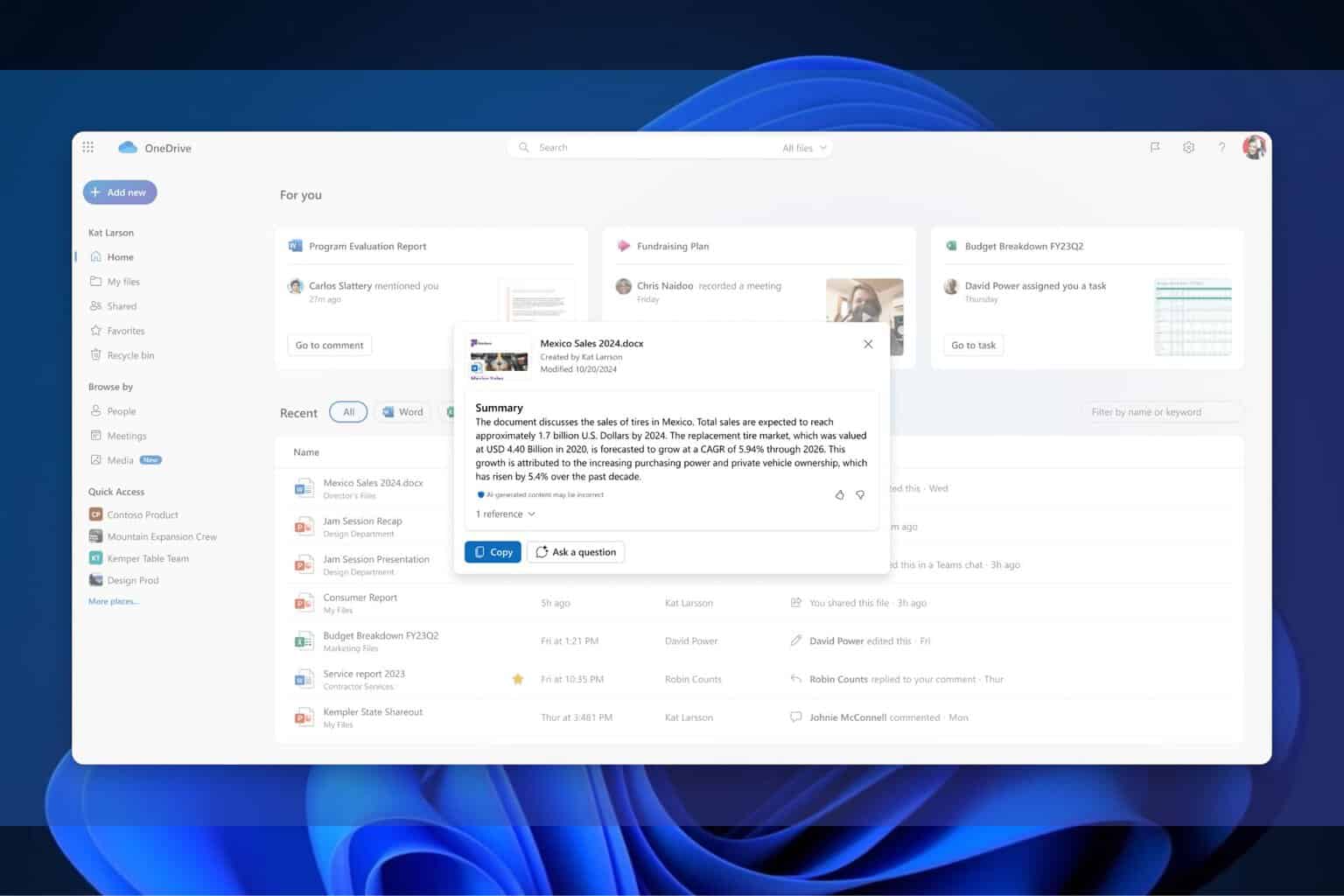

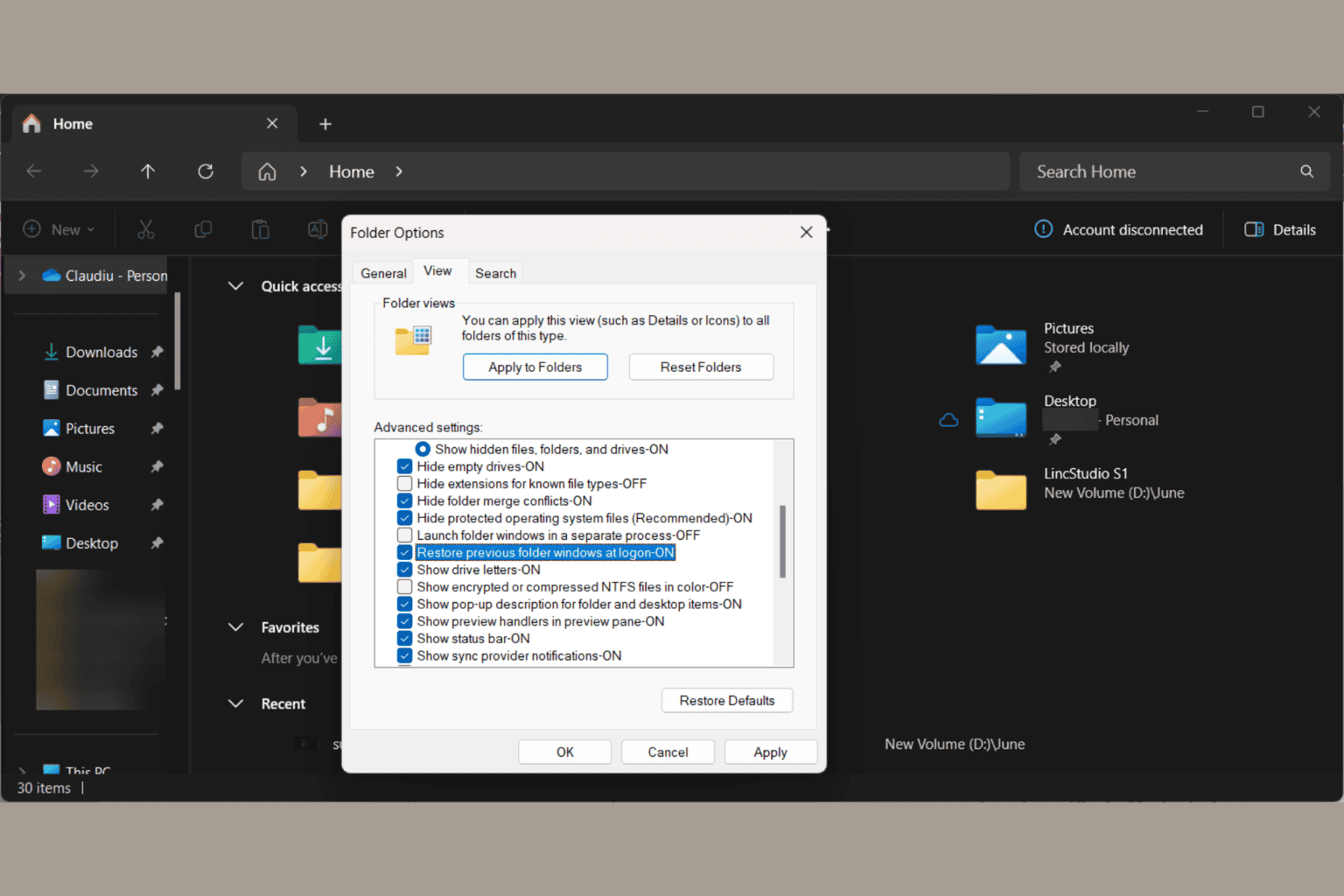


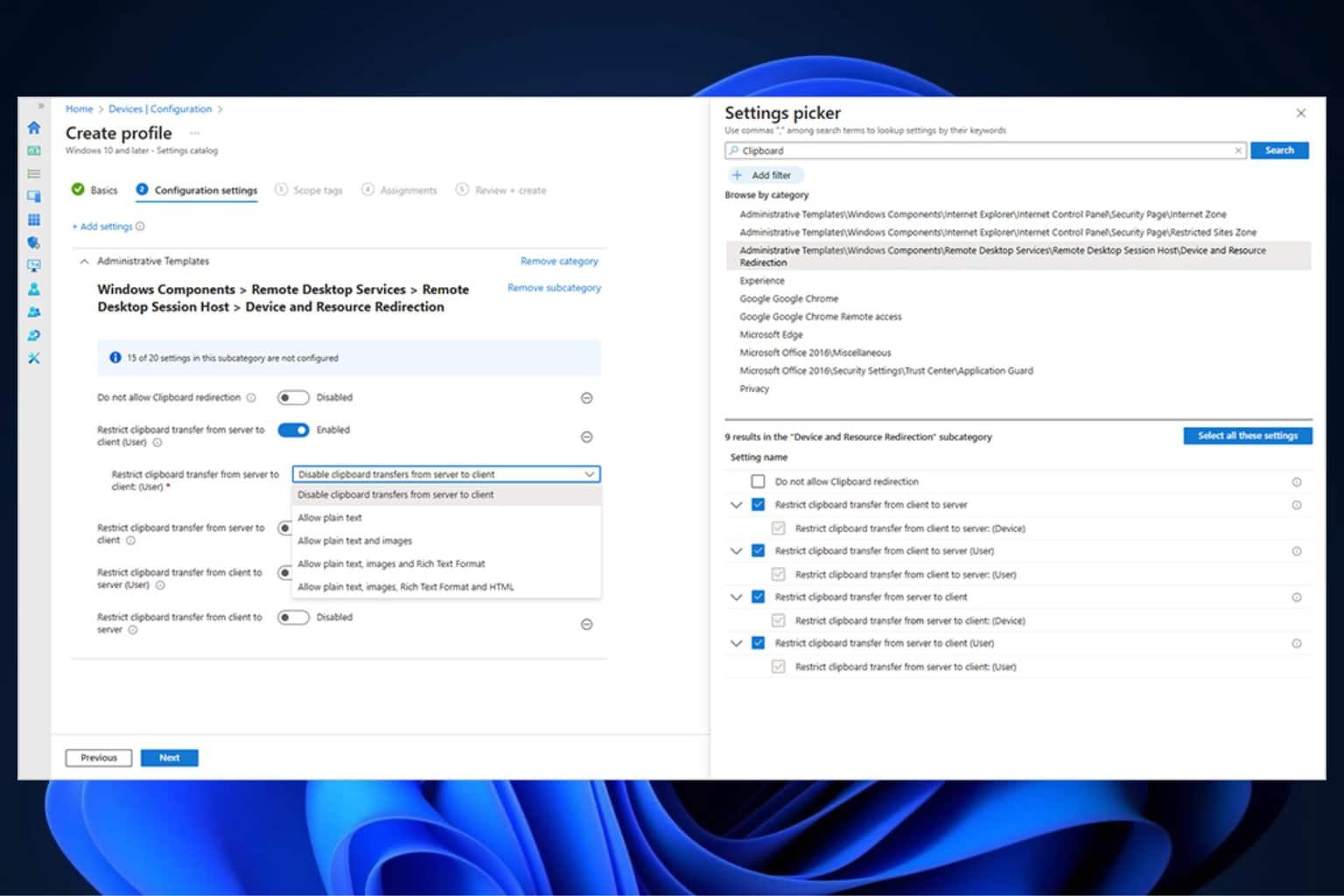
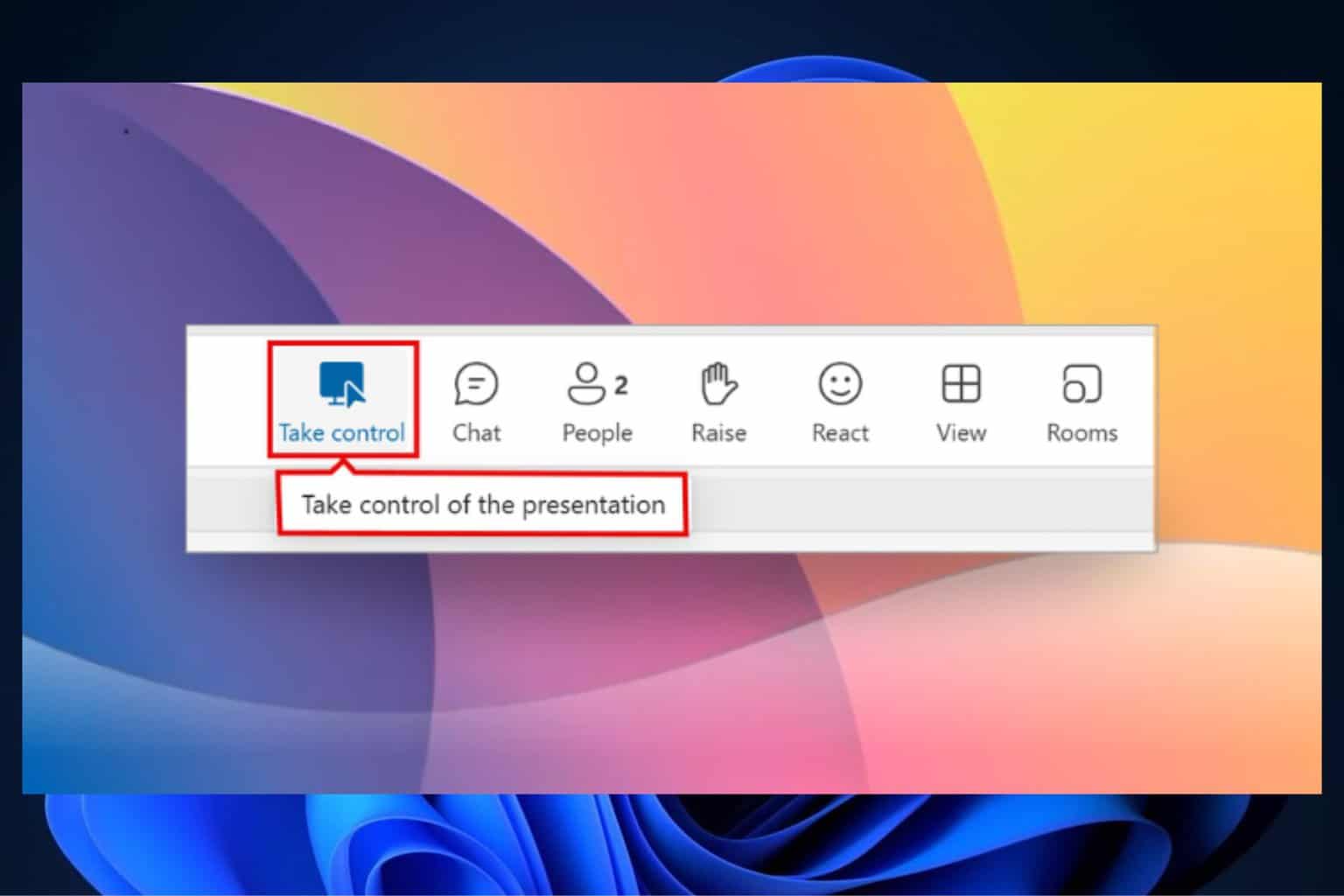
User forum
6 messages